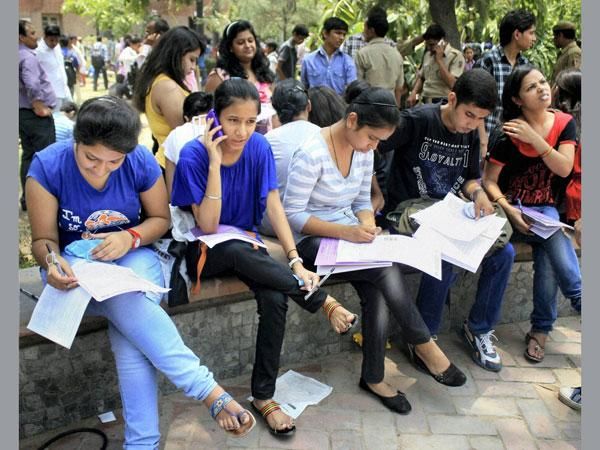A recent notification issued by the law faculty of Delhi University stating that only fifth and sixth semester students can sit for supplementary exams after their regular one has upset students.
With this order, first and second year students will not be able write the supplementary exams, forcing them to come back after completing their third year to take them.
Students are claiming that this is “discriminatory”, as many students would be unable to receive their degrees on time.
The three-year LL.B course comprises six semesters, with two in each year.
There are five papers in each semester. A first year student can advance to the second year only after clearing five out of the 10 papers. Similarly, for second year students, promotion to third year depends on them clearing 15 out of 20 papers.
Under earlier rules students had to clear eight and 18 papers in first and second year, respectively.
Rules Changed On Justice VS Deshpande Committee Recommendations
Ved Kumari, dean of the law faculty, said that the new system has been introduced on basis of recommendation of a committee headed by Justice VS Deshpande in 1989.
She pointed out that students have to “clear so many papers and, at times, also their supplementary exams” at one time.
The students however accused the dean of “autocratic” functioning pointing out that the notice was issued just a few days prior to the exam.
Kumari however defended the decision, highlighting that such decisions were in fact taken by a faculty of law committee, “which includes five members outside the faculty, including an SC and an HC judge”.
Kumari also referred to a HC directive to a petition filed by a law faculty student in 2011, which noted that according to the Justice VS Deshpande Committee no student should be permitted to carry forward the load of over one semester to the next semester.
Kumari observed that this practice helps in quicker paper evaluation as well as improved enrolment of students for further studies.





